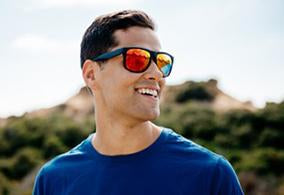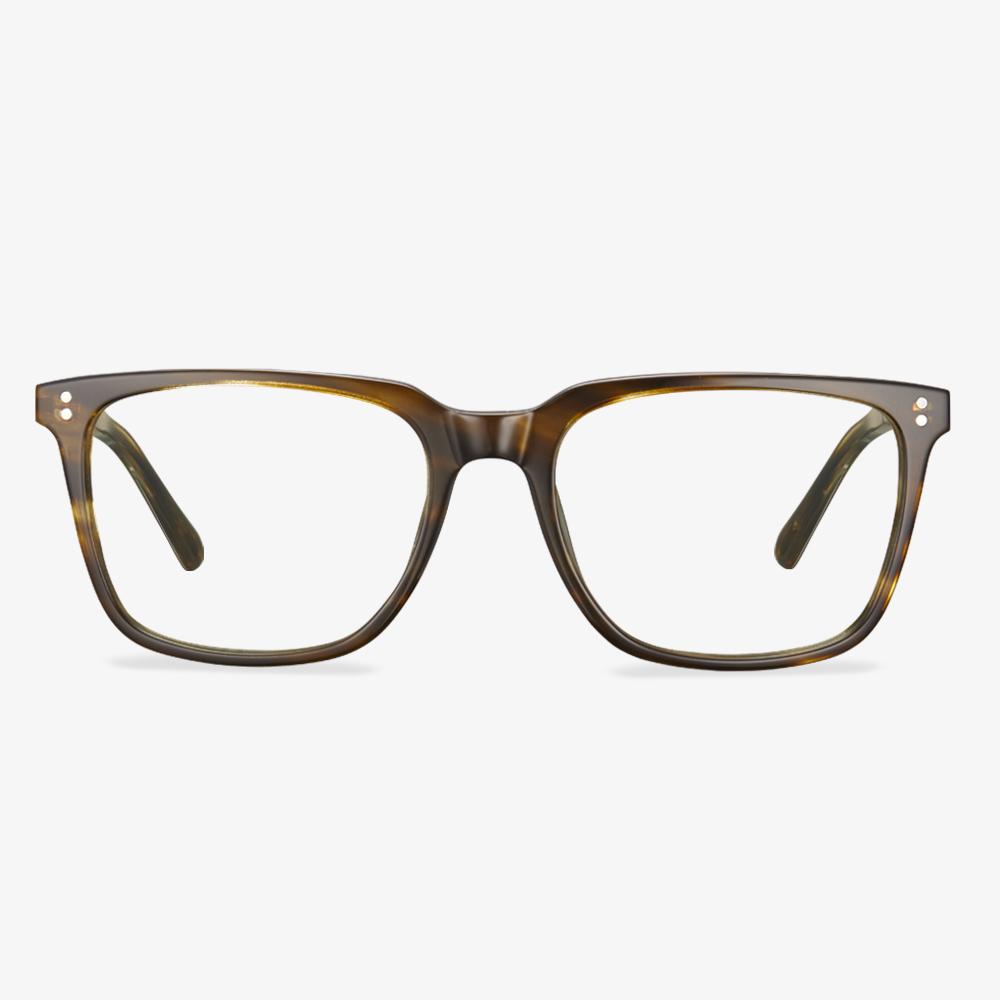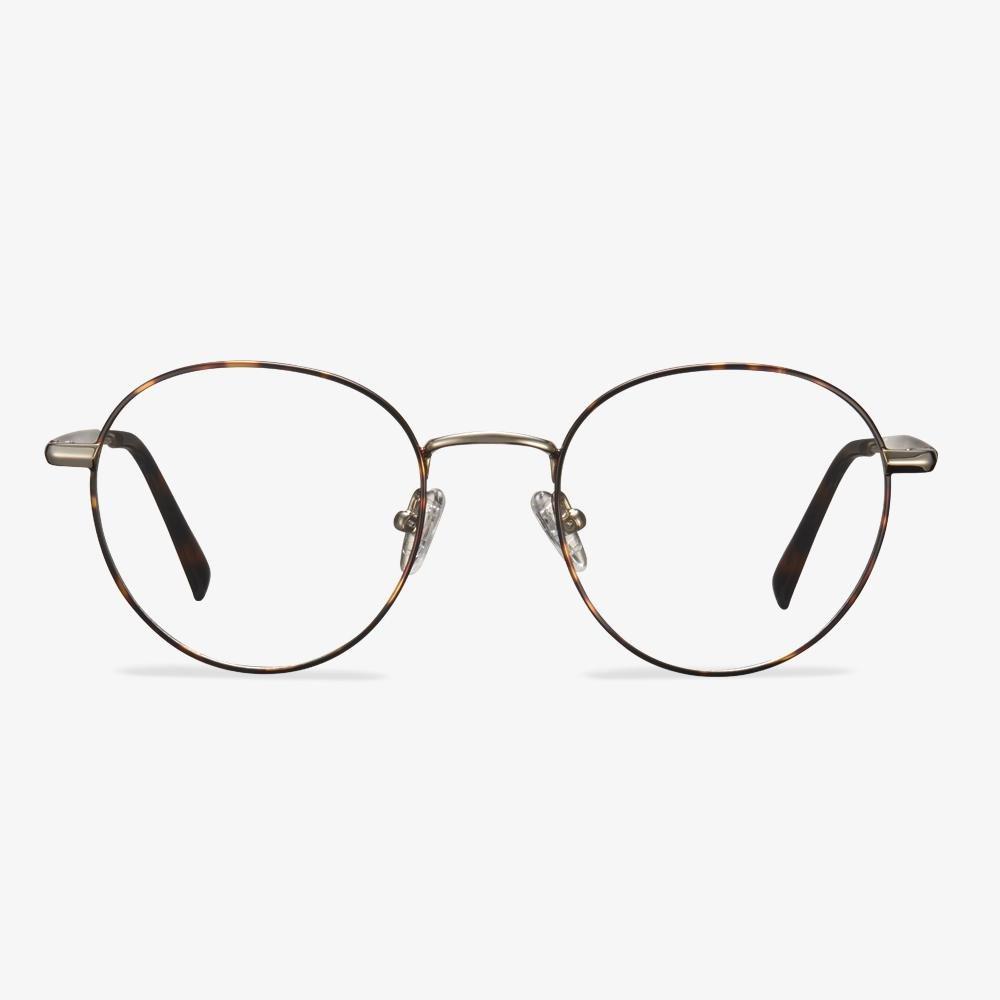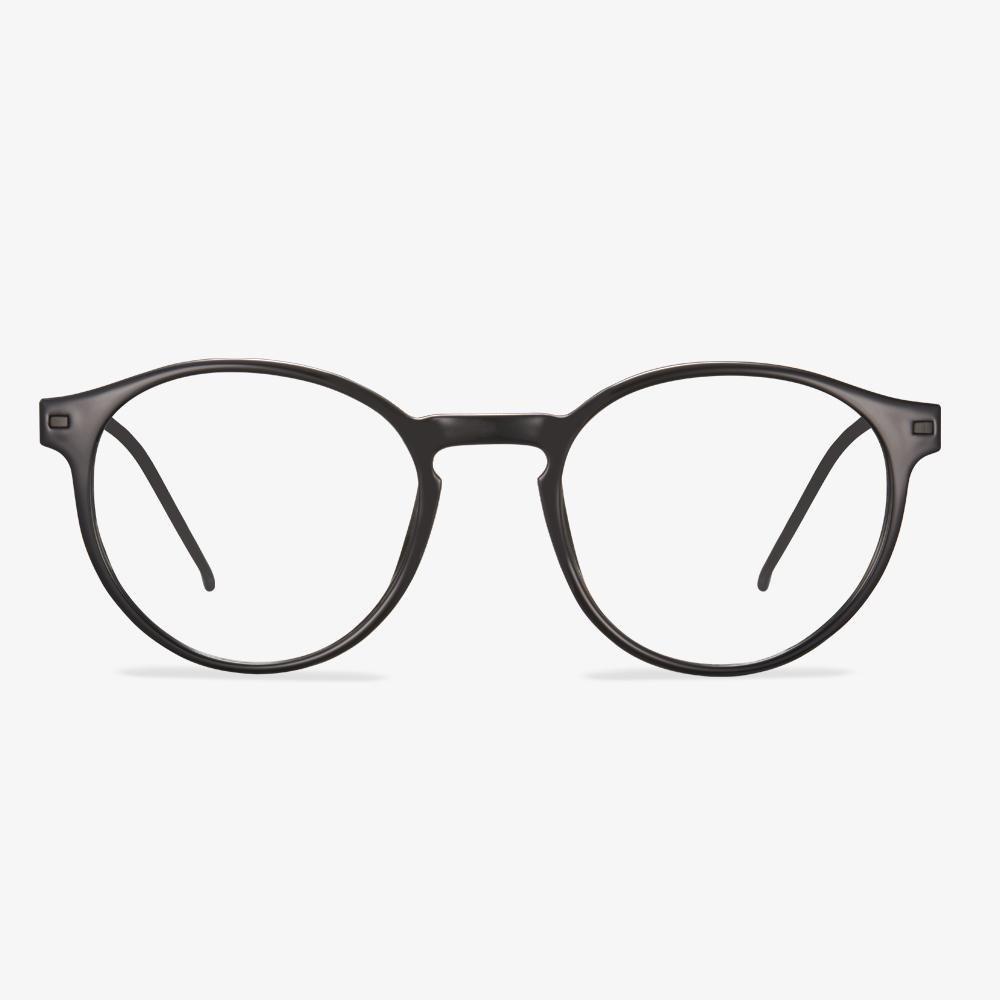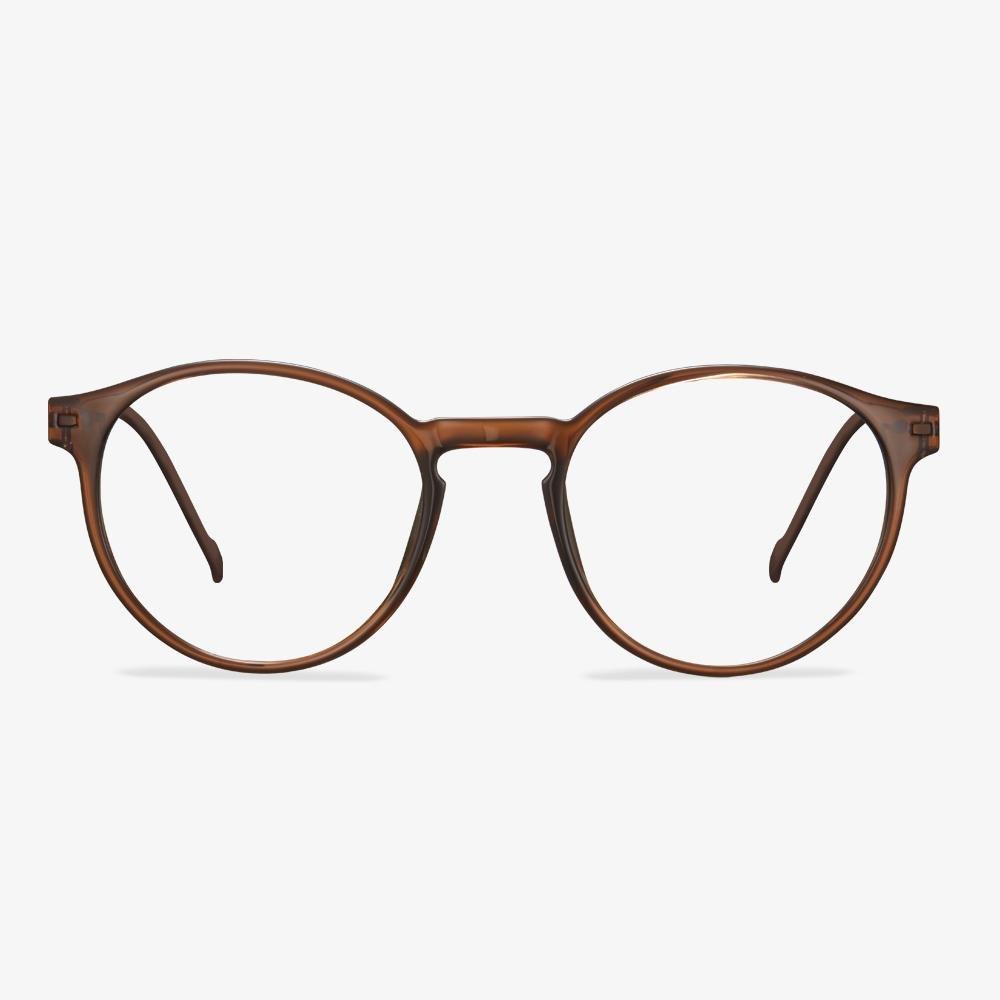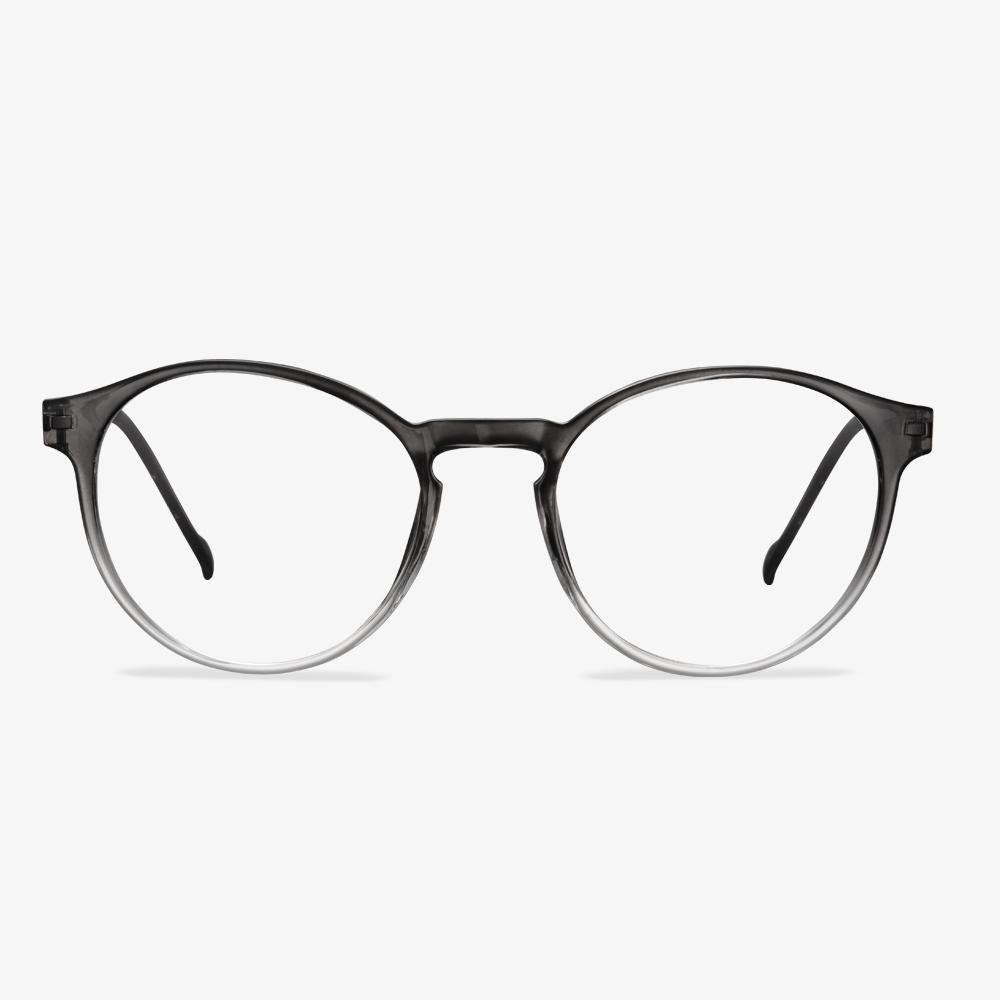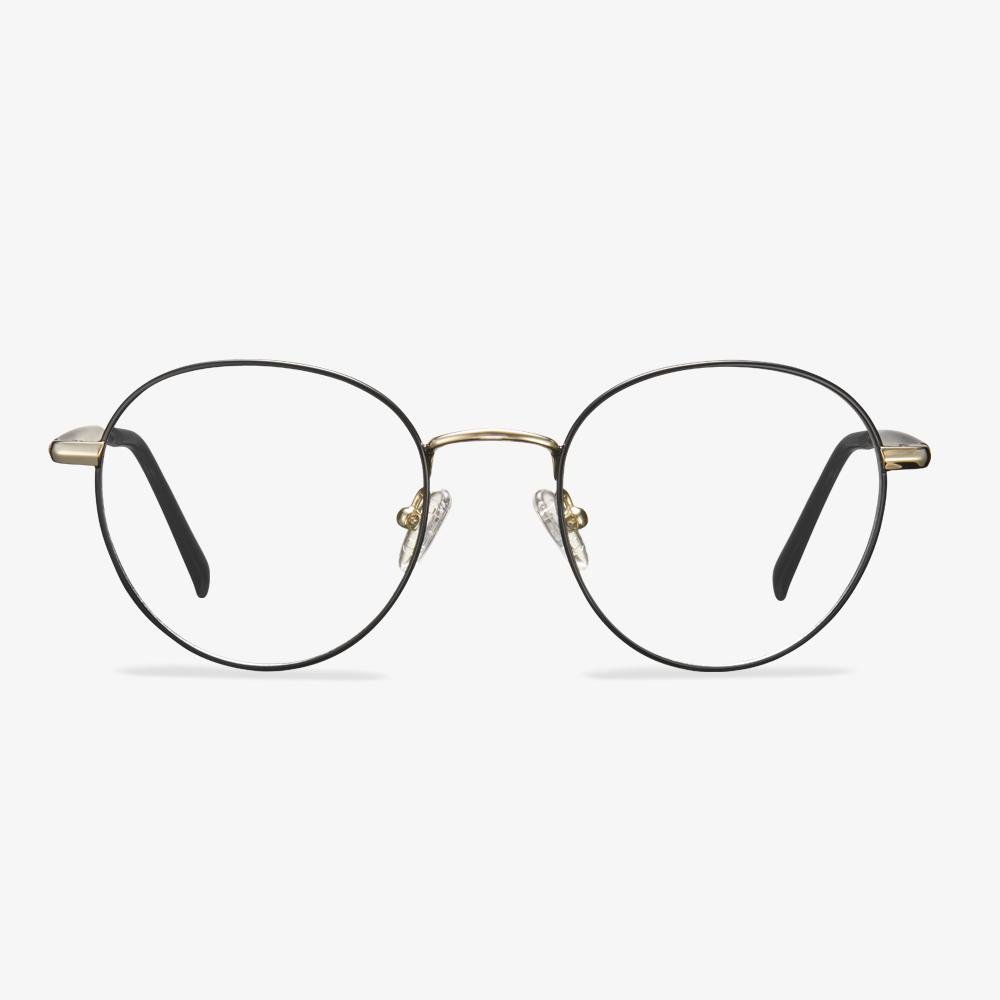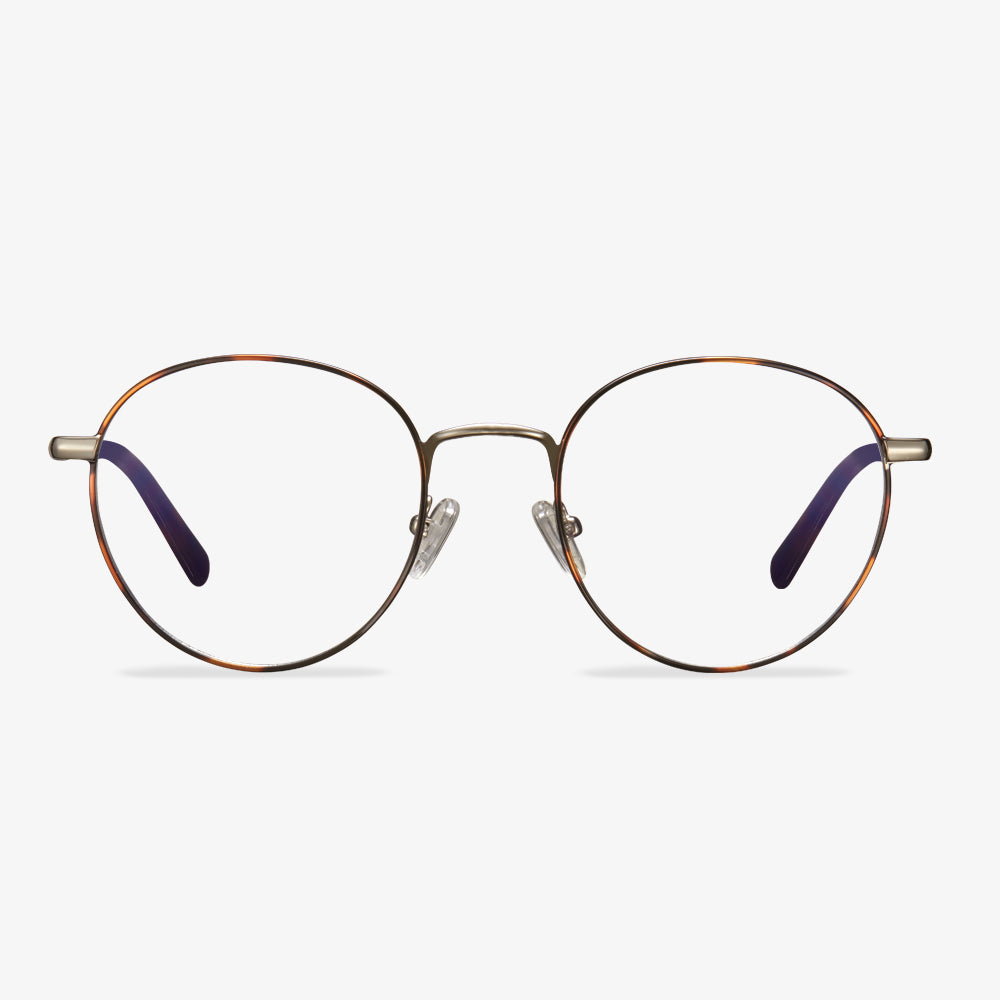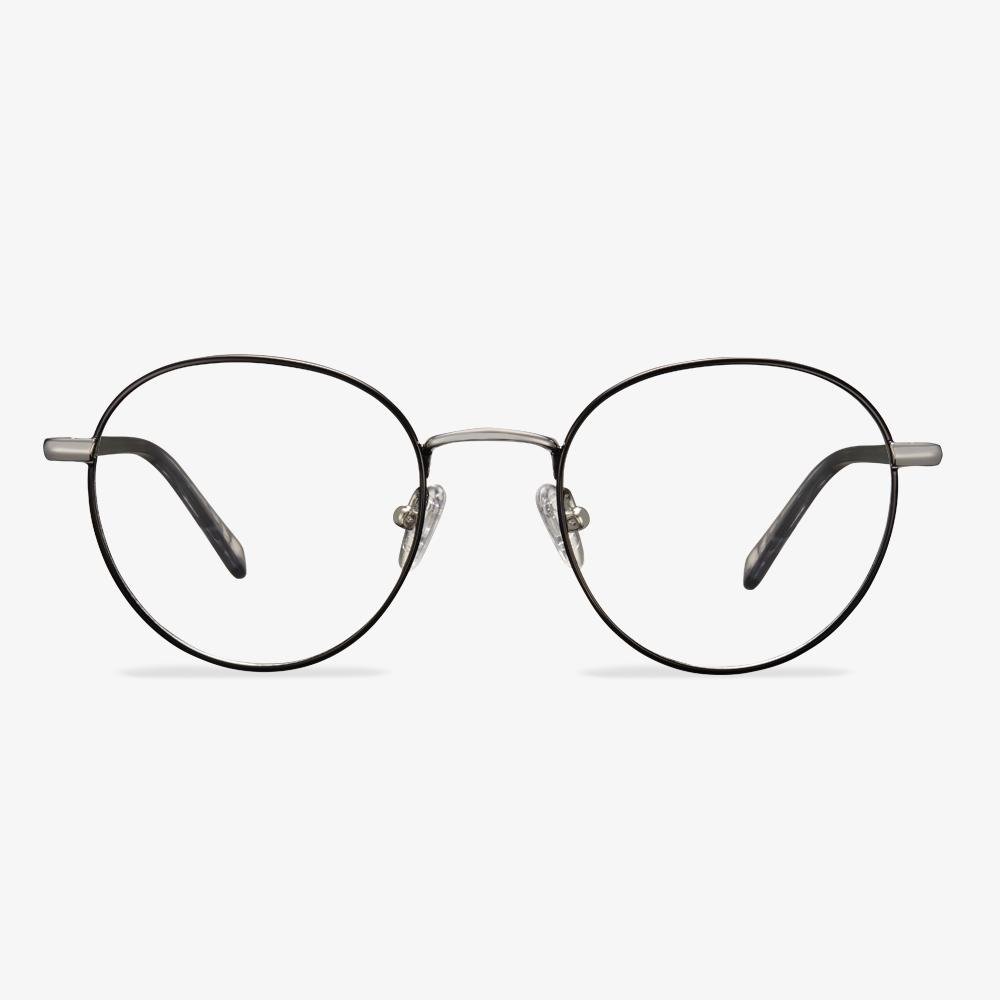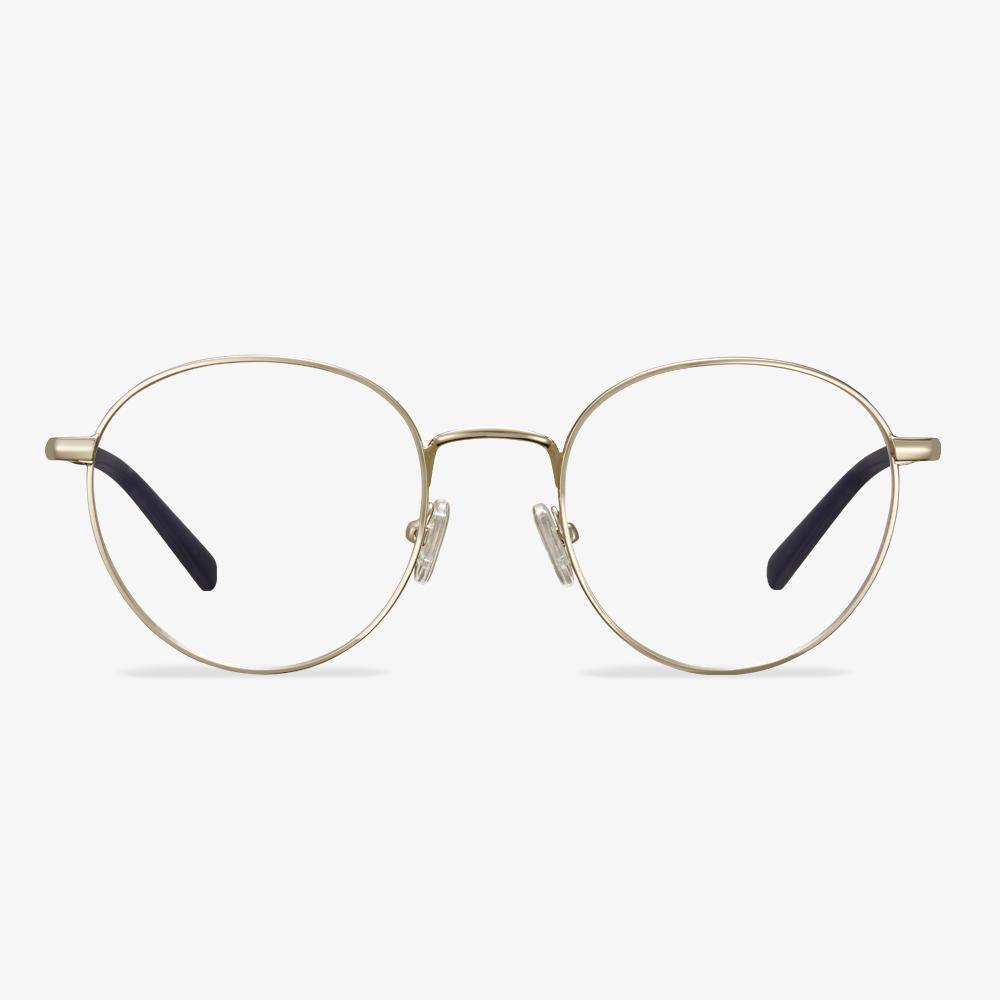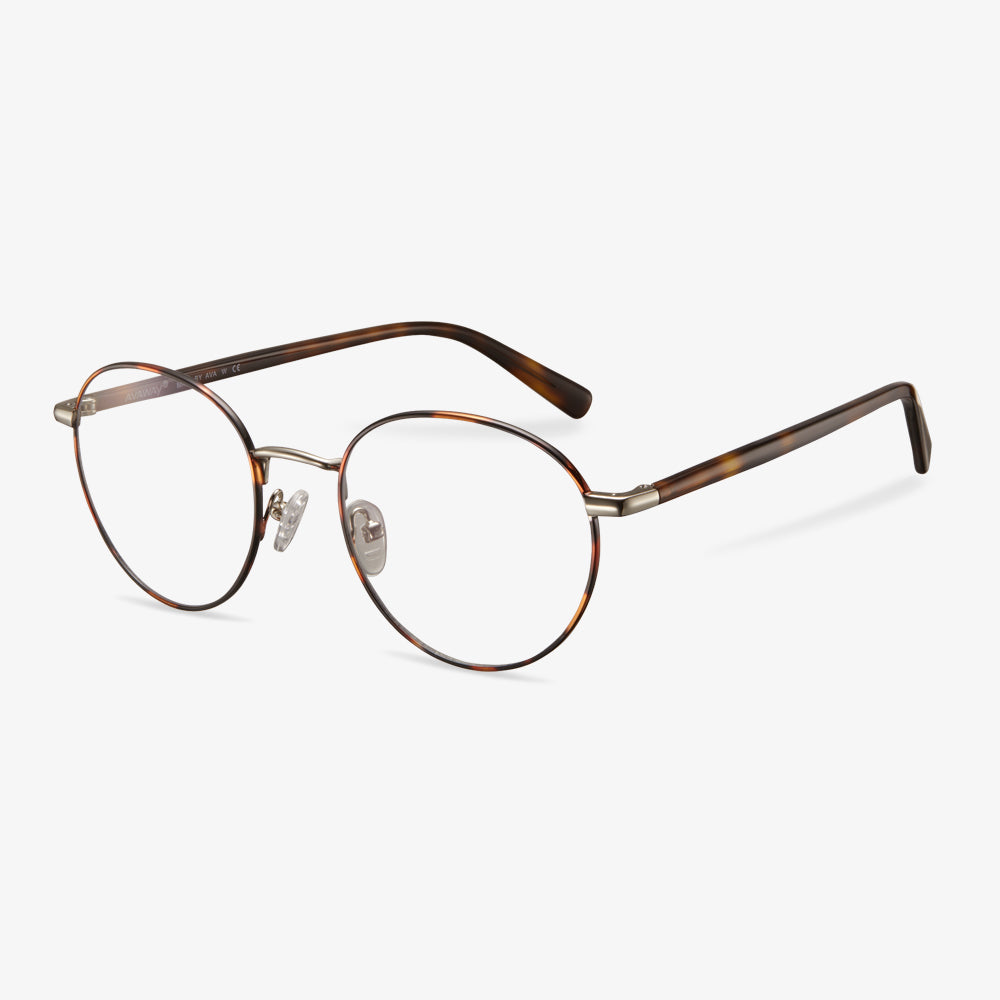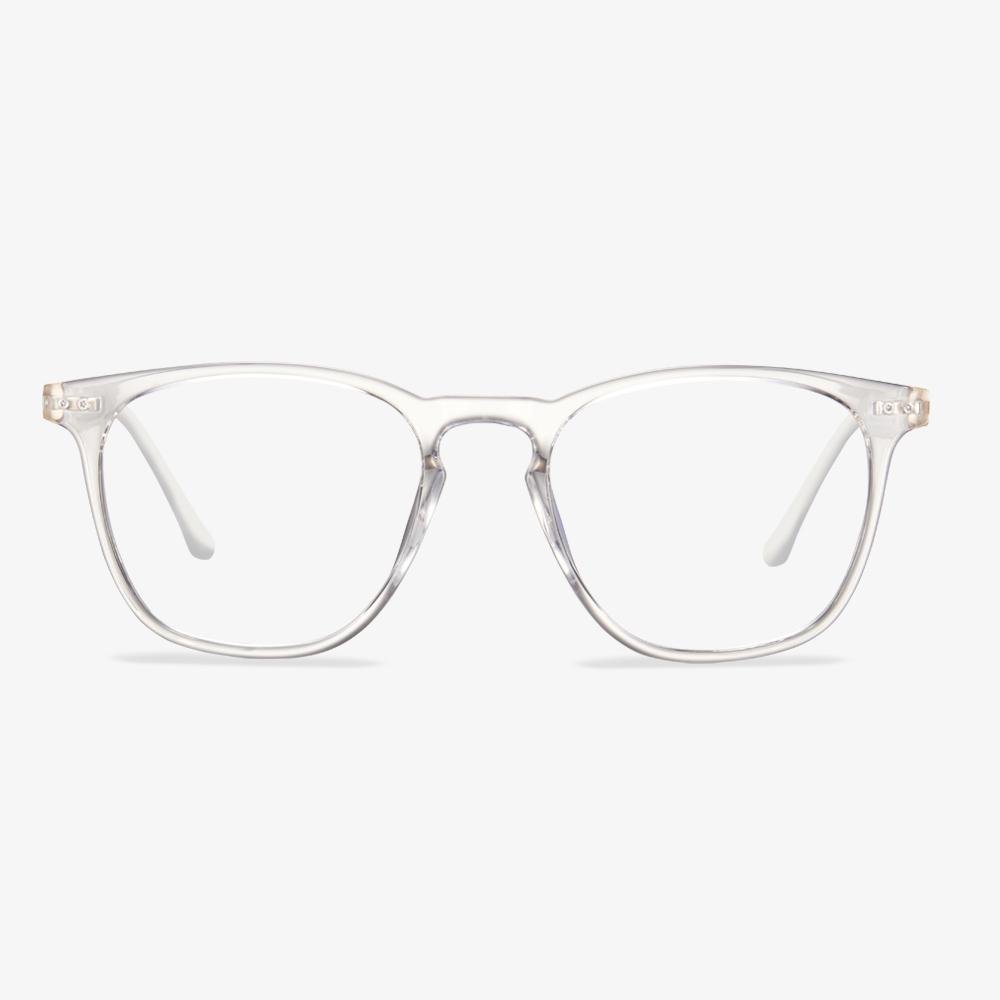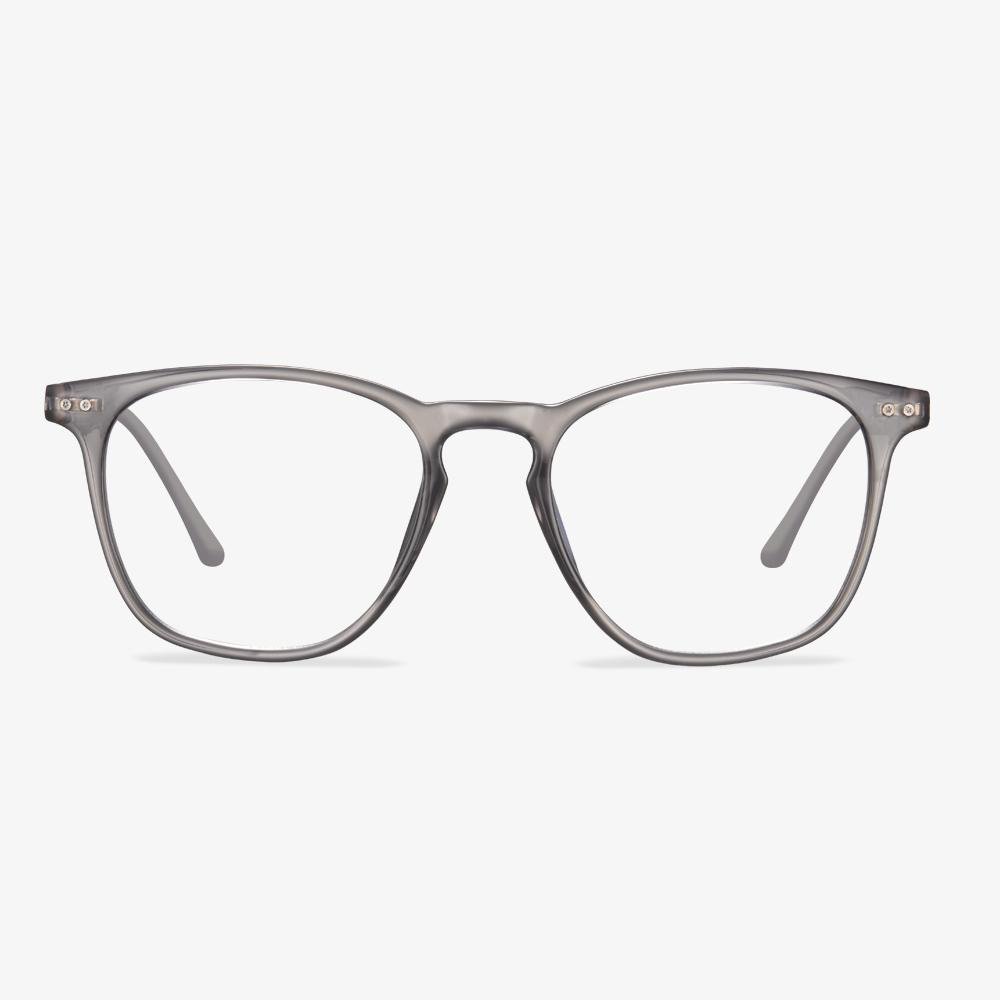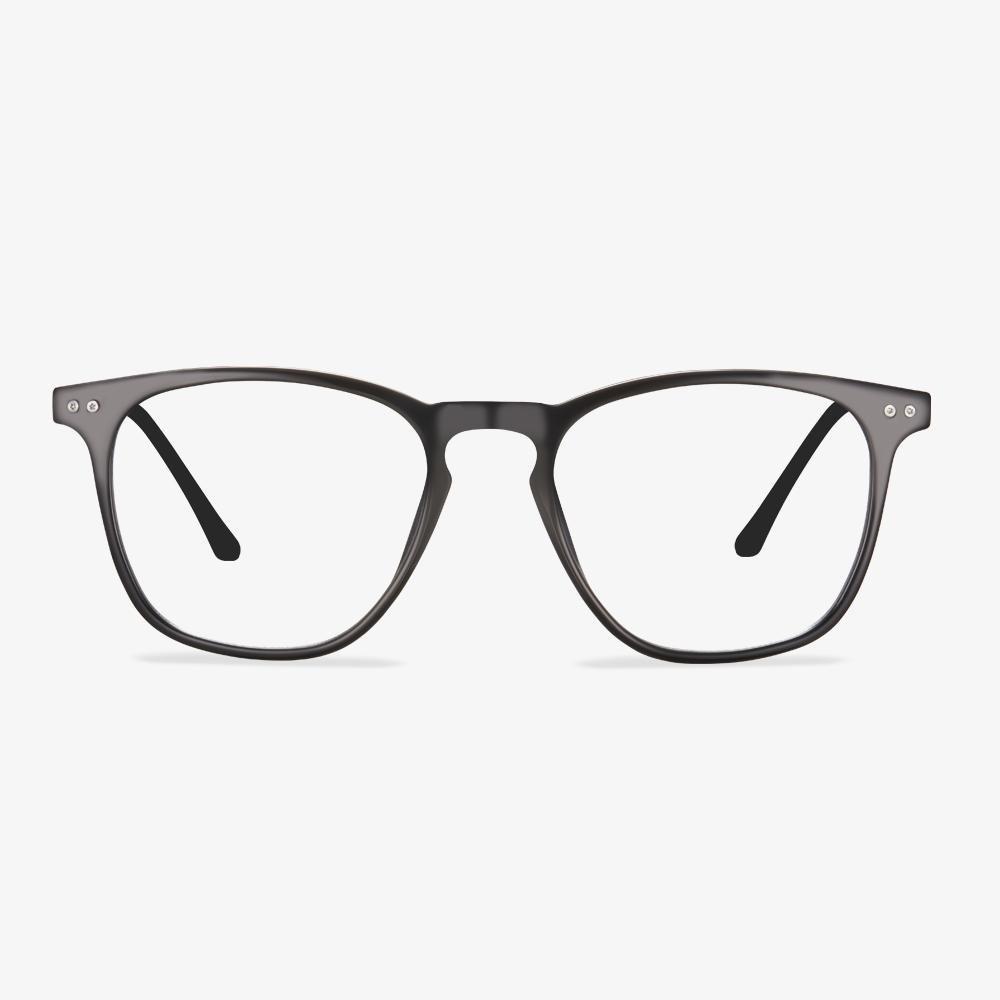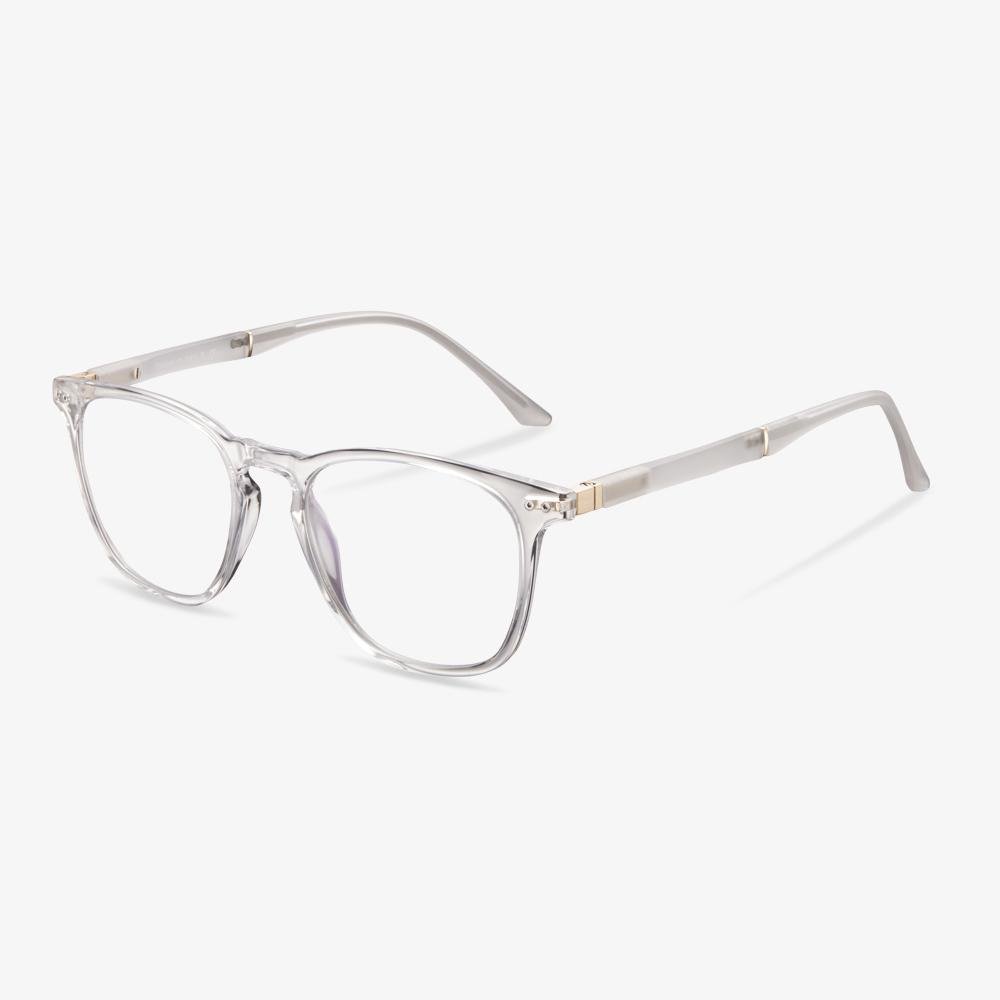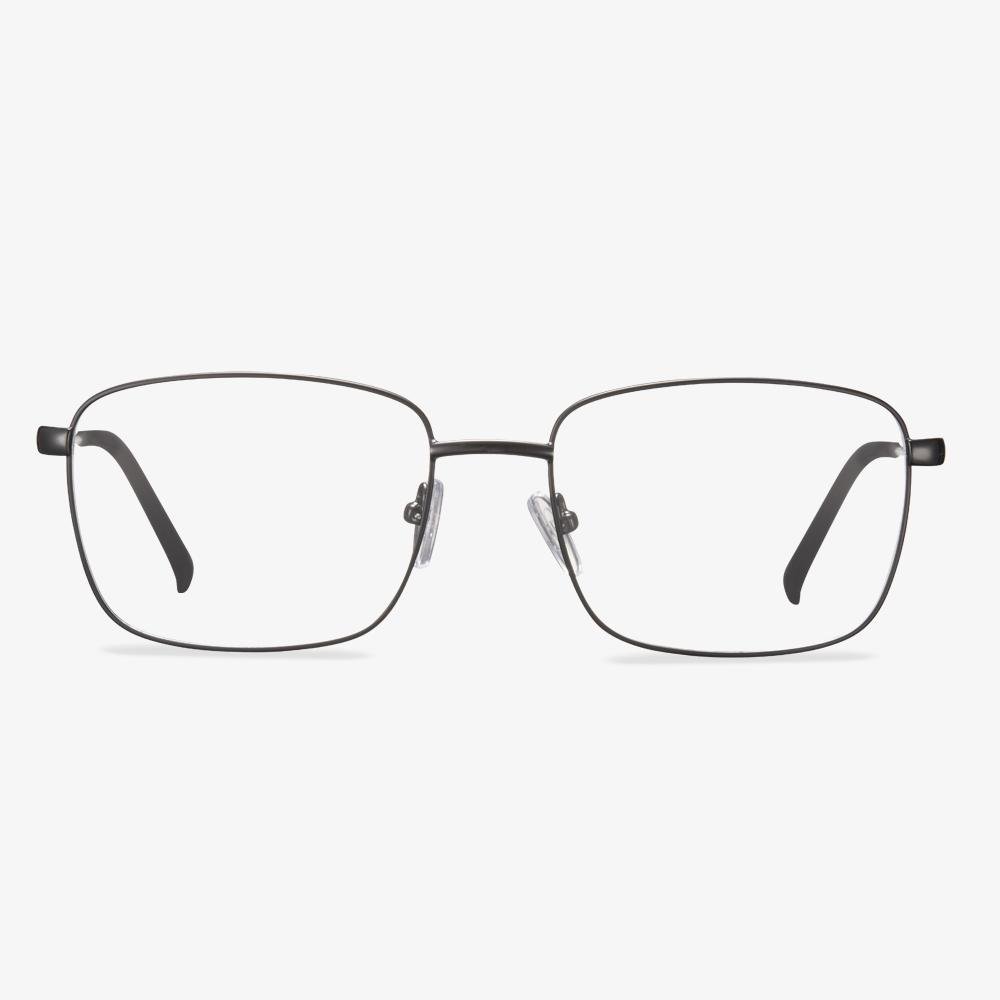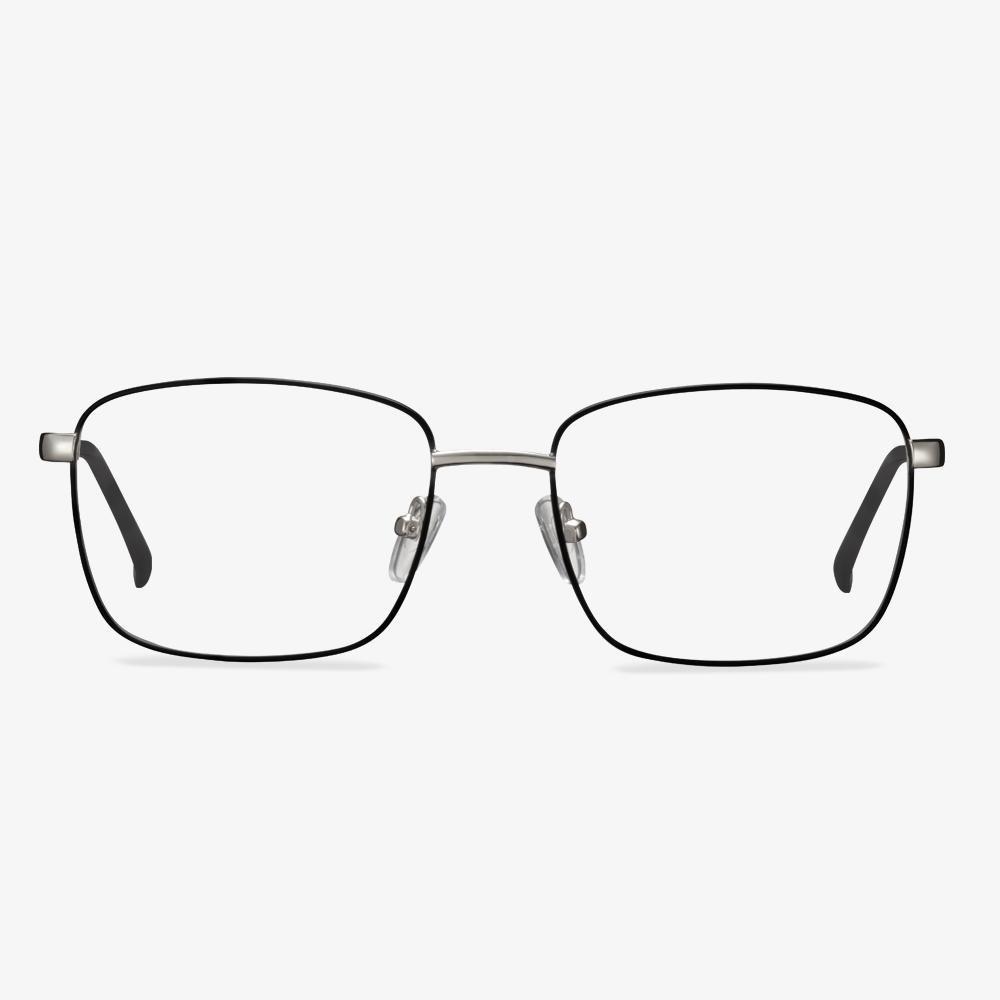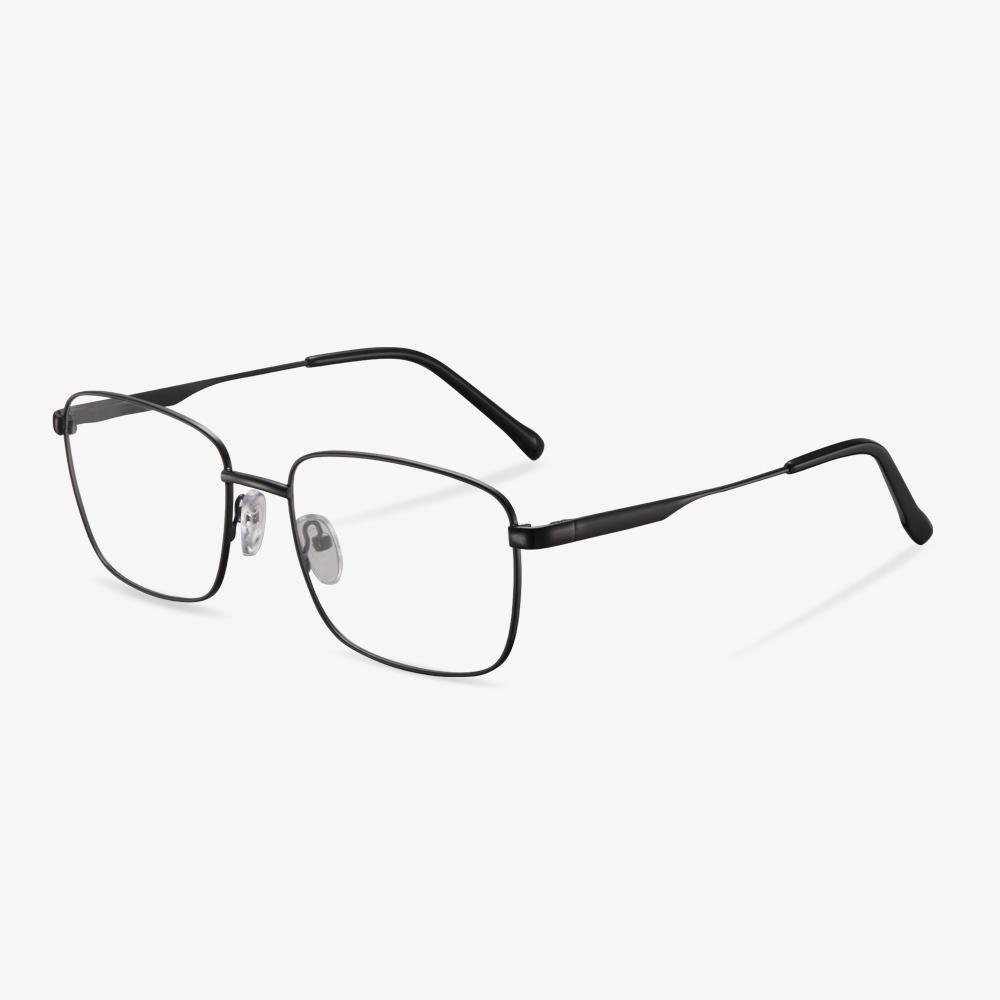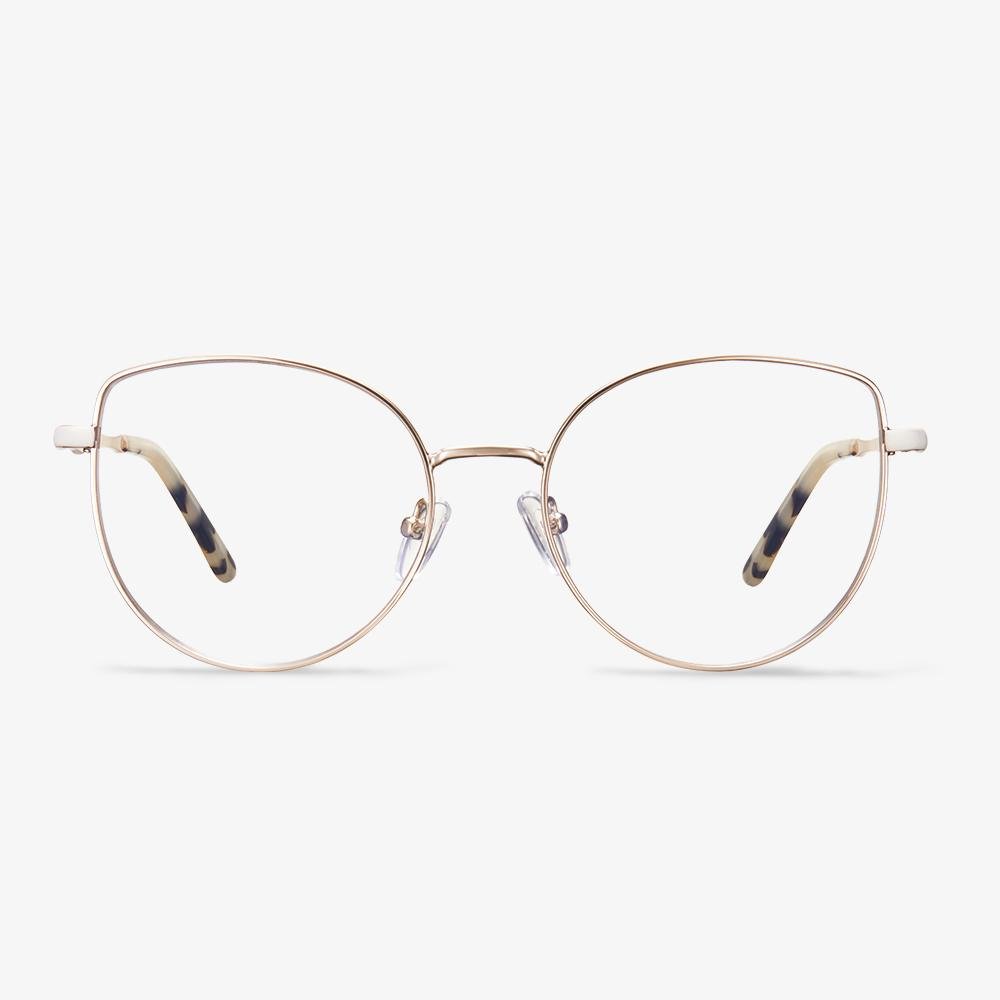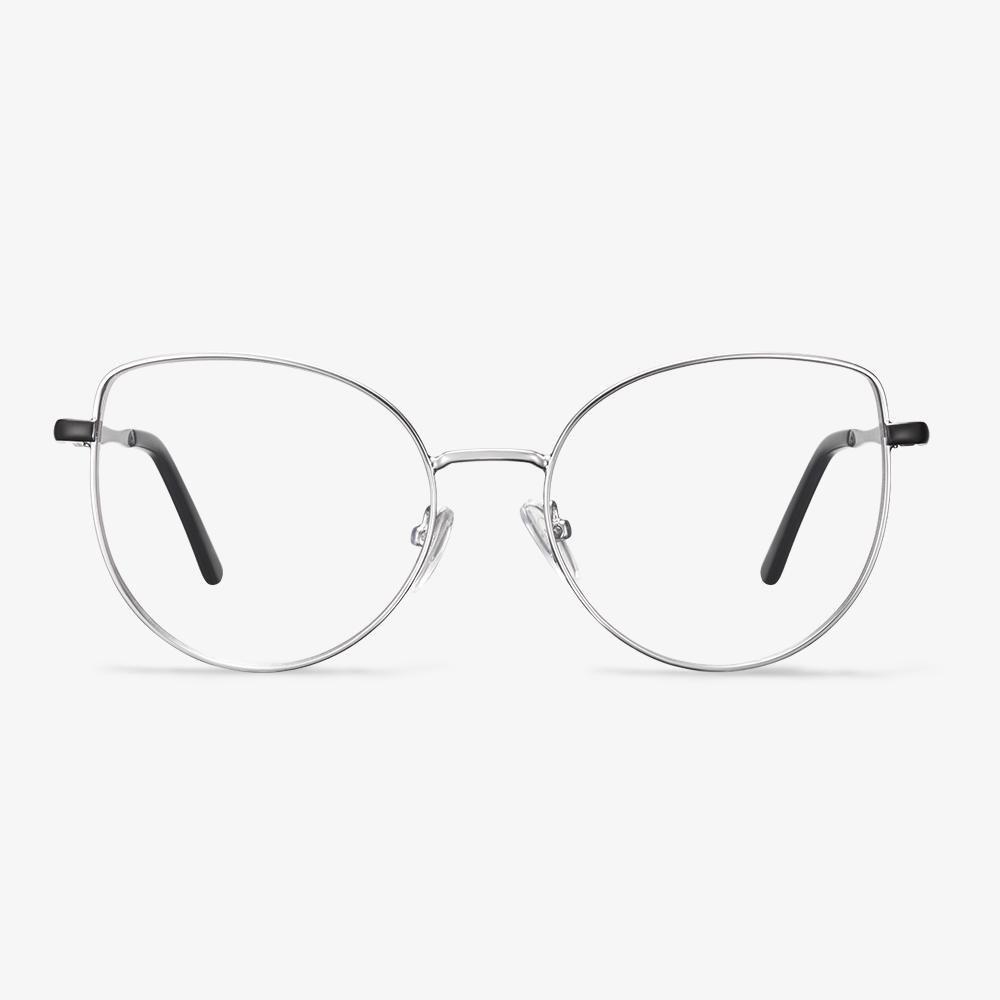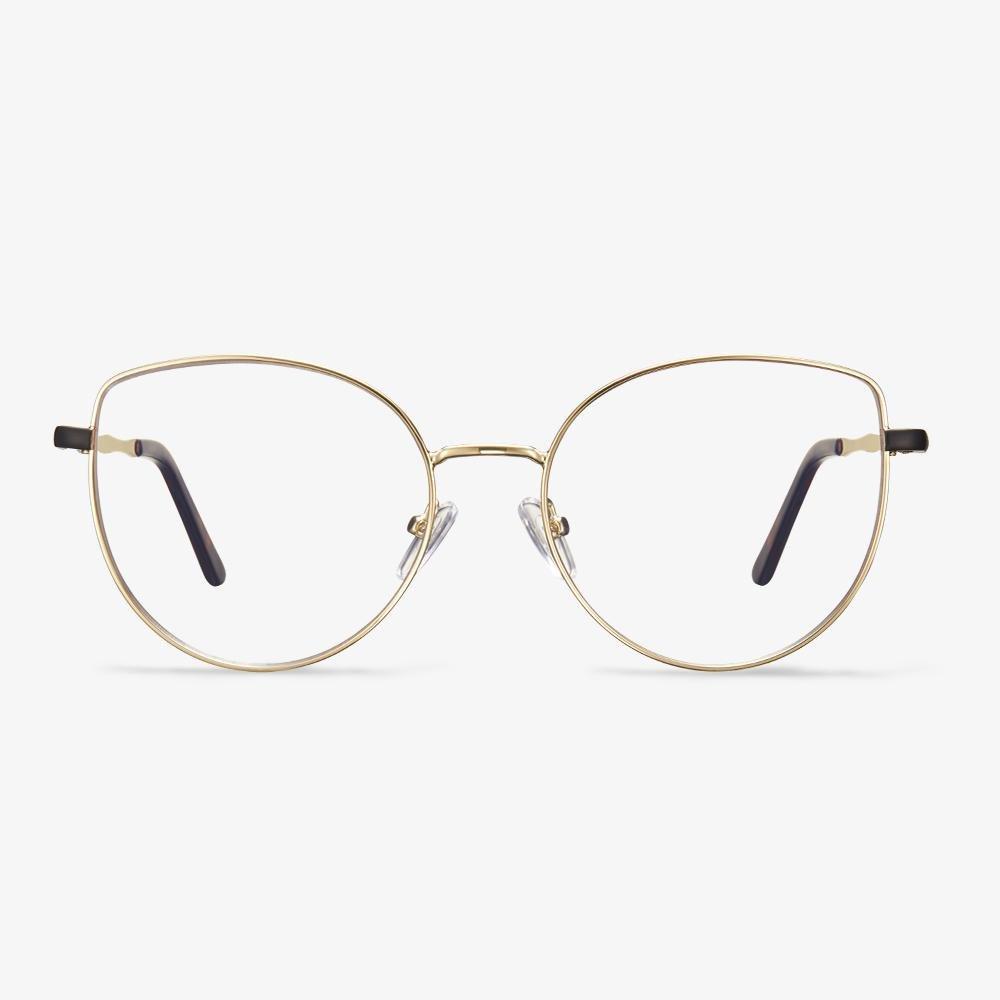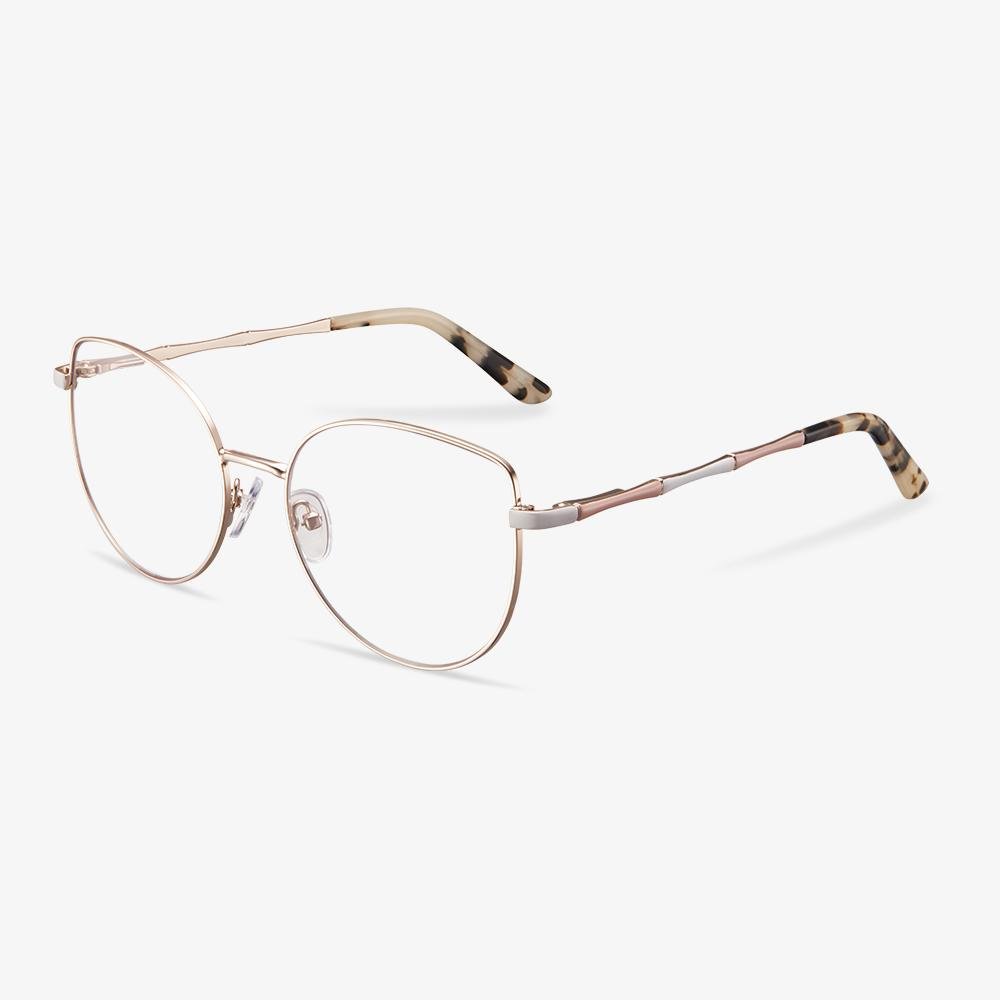In the previous article, we discussed “Will water damage polarized sunglasses?”. In this article, let’s talk about “Do sunglasses block blue light?”.
As more and more people use anti-blue light glasses, many people will also ask that anti-blue light glasses can block high-energy blue light. Can they be used as sunglasses outdoors? Let's first understand what is ultraviolet light and what is blue light.
What is UV?
The wavelength of light is inversely proportional to the energy of the photon, that is, the shorter the wavelength, the higher the energy, so ultraviolet rays are the most powerful light in sunlight, and the damage of ultraviolet rays to the eyes is in the front half of the eyeball. When the weather is good, the outdoor sun rays are relatively strong. Because the human body has an instinctive response to self-protection, we will unconsciously squint our eyes when we want to see things clearly, and the pupils will naturally shrink, which reduces the ultraviolet energy entering the eyes, and ultraviolet rays It will not only induce the occurrence of skin diseases but also induce the occurrence of pterygium, cataracts, and other eye diseases. Why do we wear sunglasses when we go outdoors? Sunglasses can block uncomfortable glare and at the same time protect eyes from ultraviolet rays.(https://www.koalaeye.com/collections/blue-light-blocking-glasses)
What is blue light?
Ultraviolet light is an invisible light that does not reach the retina of the human eye and only visible light can enter. The strongest visible light is blue light with a wavelength between 430nm and 480nm. Blue light damages the eyes in the second half of the eyeball, causing macular degeneration. The blue light in nature, due to the evolution of human beings over trillions of years, will not harm human eyes. When are blue light blocking glasses used? It is mainly used to filter the light emitted by the electronic screen when using electronic products indoors. Therefore, the blue light that we need to prevent refers to the high-energy blue light in electronic products.
Why wear anti-blue glasses?
A good anti-blue lens is yellow-green and needs to meet the two conditions of light transmittance and blue light blocking rate at the same time. The light transmittance of blue anti-blue glasses is about 90%, and the blue light blocking rate is 60%-70% Also, they can also block 99% of ultraviolet rays. The lens spectrum of these anti-blue glasses is very close to the solar spectrum, which means that we can achieve the effect of blocking blue light while keeping our eyes in a comfortable state. If you are walking outdoors for a short time, such glasses can fully meet your eye protection needs outdoors. However, due to the high light transmittance, they are not suitable for long-term outdoor use as sunglasses. Although they can block ultraviolet rays, cannot filter strong light as well.
Why wear sunglasses?
The main function of sunglasses is to block the glare to reduce the fatigue caused by eye adjustment or the damage caused by strong light stimulation. The color of the lens is generally gray, brown, blue-gray, etc. Therefore, in order to better filter out the ultraviolet rays and reduce the irritation of the strong light to the eyes, sunglasses have a low light transmittance, 5%-40% light transmittance, and they are only suitable for outdoor sunlight when the sun is strong. If you wear sunglasses indoors, at dusk, or even at night, it will not protect the eyes because the light is reduced, and even increase the burden on the eyes.
Thank you for your time in reading our passage “Do sunglasses block blue light?”. For more information about sunglasses and eyeglassses, please continue to follow KoalaEye Blog. Also, it is welcome to share and forward to Facebook and Twitter.






